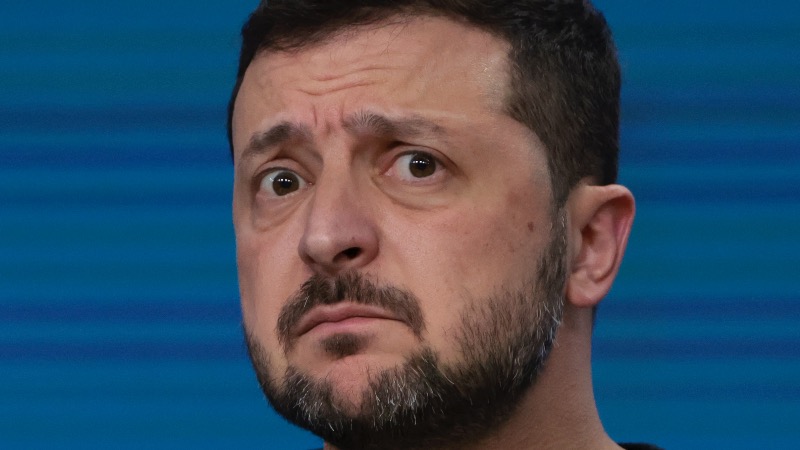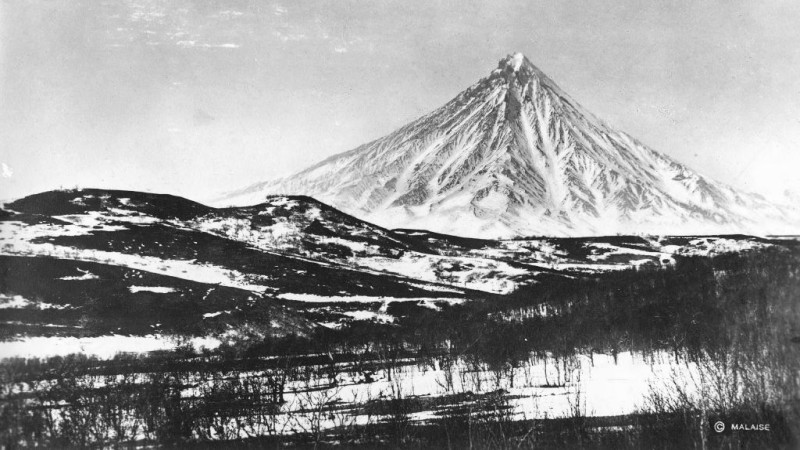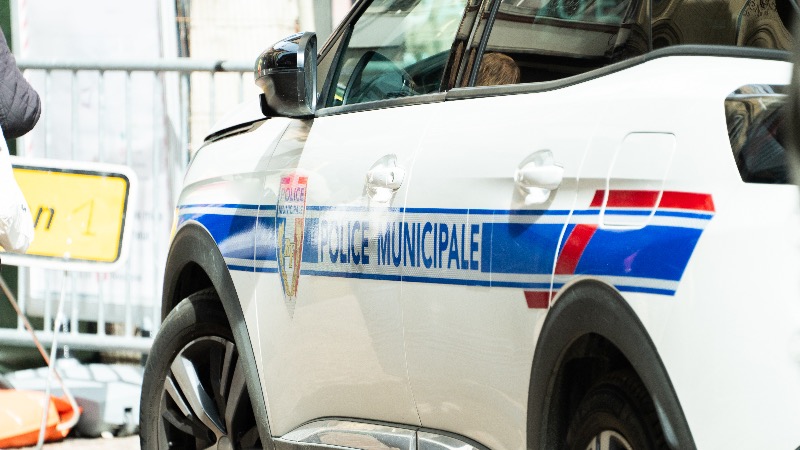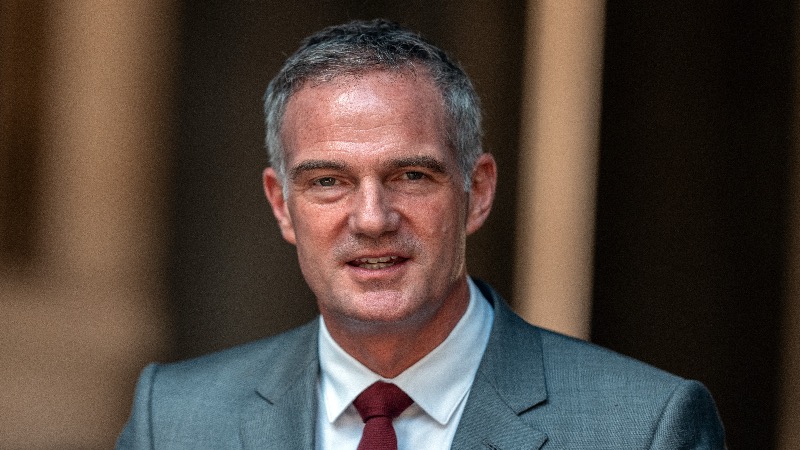 Image Credit: Carl Court / Staff / Getty
Image Credit: Carl Court / Staff / Getty A political storm erupted Tuesday after UK Science Secretary Peter Kyle suggested that anyone pushing to repeal the UK’s new censorship law, the Online Safety Act, including Reform UK leader Nigel Farage, was effectively aligning themselves with sex offenders.
The Online Safety Act is one of the strictest internet censorship laws in a Western democracy, banning forms of “harm” online, mandating citizens give up their private information to discuss or view content related to “harm,” and has already caused the censorship of protest videos.
More: How the “Think of the Children” Narrative Is Being Used To Crush Online Free Speech and Privacy
With a statement that has drawn intense scrutiny, Kyle declared: “If you want to overturn the Online Safety Act you are on the side of predators. It is as simple as that.”
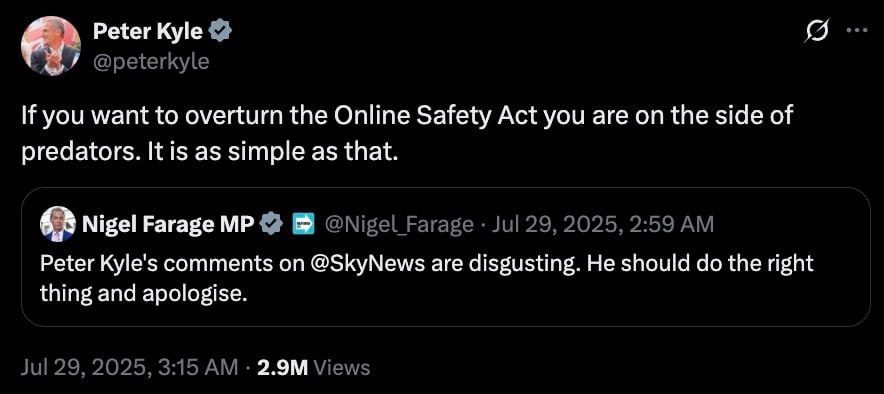
His post followed comments made earlier that morning on Sky News, where he claimed: “Nigel Farage is on their side,” referring to individuals he described as “extreme pornographers peddling hate, peddling violence.”
Kyle invoked the notorious case of Jimmy Savile, asserting: “Make no mistake about it, if people like Jimmy Savile were alive today he would be perpetrating his crimes online and Nigel Farage is saying that he is on their side.”
Jimmy Savile was a British TV and radio personality who was one of the most notorious sexual predators in UK history. For decades, he was a prominent figure in British pop culture, known for hosting popular shows like Top of the Pops and Jim’ll Fix It, and for cultivating a public image of charity work, especially with hospitals and children’s institutions.
After his death in 2011, hundreds of allegations surfaced revealing that Savile had committed widespread sexual abuse, including against children.
A 2013 government report concluded that he had abused at least 500 victims, and the crimes spanned from the 1950s to the 2000s.
Farage swiftly condemned the remarks as “disgusting” and demanded a public apology, accusing Kyle and the Labour Party of exploiting victims for political leverage.

Speaking in a video from Reform UK’s headquarters, Farage responded: “Just how low can the Labour Government sink in its desperation?” He denounced Kyle’s comments as “so absolutely disgusting that it’s almost beyond belief” and described the accusation as “below the belt.”
Kyle, however, stood by his claims across multiple media appearances, repeating them on BBC Breakfast, GB News, and Good Morning Britain. On BBC Breakfast, he issued a veiled warning to internet users attempting to bypass restrictions, saying: “For everybody out there who’s thinking about using VPNs, let me say this to you directly: verifying your age keeps a child safe. Keeps children safe in our country, so let’s just not try to find a way around.”
Farage, in response, reiterated his party’s position: the Online Safety Act is a threat not just to free expression, but to public accountability. “What is absolutely clear to me is a problem that runs right through British government,” he said, “legislation passed by the Conservatives, supported by Labour, no doubt aided and abetted by civil servants; none of them have got a clue what they’re doing.”
Reform UK has pledged to scrap the Online Safety Act. At a press conference following Kyle’s remarks, party officials described the Act as a censorship mechanism designed to protect those in power from dissent. Former chairman Zia Yusuf called the law “absolutely nothing to protect children” and claimed it merely worked to “suppress freedom of speech” and “force social media companies to censor anti-government speech.”
Farage concluded his response by calling on supporters to take direct action. “I’ve asked for an apology, we’re not going to get one,” he said. “I think perhaps the best thing we can do is to sign the petition to repeal the Online Safety Act. That’s what I’m going to do today. I’m deeply worried about the implications for free speech.”
The Organ Donor Murder Thieves Exposed

